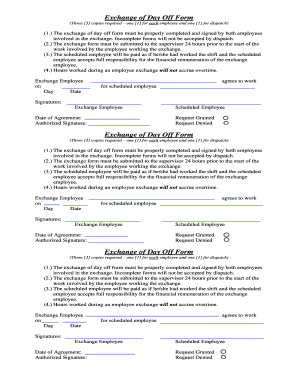
But that decision personal preference and/or application dependent. This, to me, feels a bit counter-intuitive and also makes it a bit more difficult to eventually "upcast" to an even higher bitset, if you'd order the bytes reversed, you'd simply copy them and append zeroes. Shift is proud to bring you our global payments and foreign exchange platform that delivers competitive rates and fast, secure. But I did find a spot.Īs such: void shl(uint8_t * const words, uint_fast_t n). Much elegance one might not expect, shifting in arrays in C. Sometimes that gives an optimisation idea.

Stylistic (not asked) the wording can be more to the point. It seems to work, and unlike the other version, I can live with this, but still, there must be another way.

Check to avoid OOB and special case where n is a multiple of 64.ī |= b << ( 64 - ( n%64 ) ) This is mostly due to the downsampling following each. However, for an L -level DWT decomposition, x ( k) and x ( k k 0 2 L), the coefficients are equal, up to some shift. If n != 0, we run through the 4 elements ascending. The standard discrete wavelet transform (DWT) is not shift-invariant, in the strict sense that the DWT coefficients of x ( k) and x ( k k 0) differ in general. Void shr( uint64_t * const b, const uint_fast8_t n ) Do we need to assign current element a value?ī |= b > ( 64 - ( n%64 ) ) If n != 0, we run through the 4 elements descending. My first thought was to mess around with pointers, but I have yet to come up with with how that would actually work, so I've got nothing.Īlso, I did just find one mistake, which has been corrected, so there may be more.Īnother approach, that is really the same, though slightly more efficient: void shl( uint64_t * const b, const uint_fast8_t n ) I'm sure the above can be optimized, but frankly, I'd prefer a different solution all together. A detailed picture of the exchange dynamics has been obtained using solution NMR relaxation measurements, chemical shift titrations, and structural information provided by a high-resolution crystal structure of the protein. Our solutions are unique, and deliver high ROI to our clients everytime. A model describing conformational exchange of His 61 in plastocyanin from Anabaena variabilis is presented. I have been searching for alternatives, but what little I've found has been limited to work within the width of the chosen type, in this case 64, or it has simply not been working. We develop bespoke web applications to solve workflow processes for businesses. I have no need for a general solution, and in case it matters, I need not shift more than 192 bits in a given direction.Īnyway, what I have made, is absolutely awful. If other type are easier to work with for some reason, it's really all the same to me.
SHIFT EXCHANGE 64 BIT
In short, I need to be able to shift 256 bits of data, say an array of 4 64 bit integer, by n bit, right and left. I have a working solution to my problem, but I'm less than satisfied with the result, both when it comes to style and performance.


 0 kommentar(er)
0 kommentar(er)
